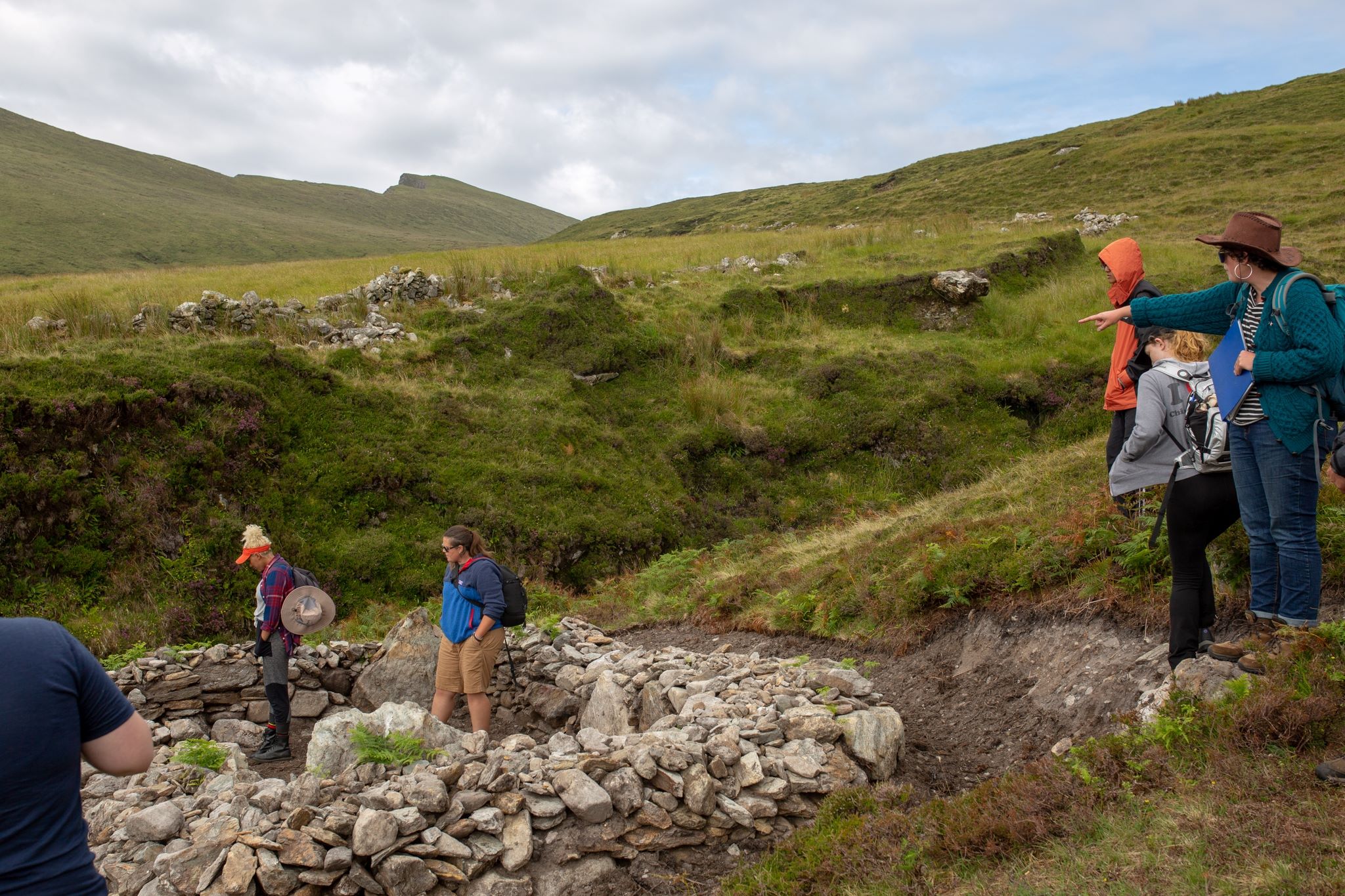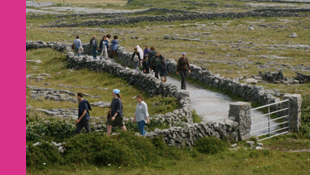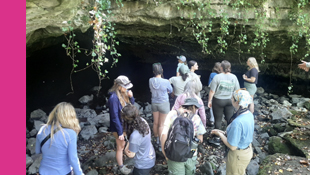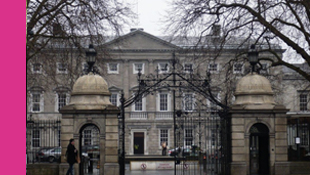-
Courses

Courses
Choosing a course is one of the most important decisions you'll ever make! View our courses and see what our students and lecturers have to say about the courses you are interested in at the links below.
-
University Life

University Life
Each year more than 4,000 choose University of Galway as their University of choice. Find out what life at University of Galway is all about here.
-
About University of Galway

About University of Galway
Since 1845, University of Galway has been sharing the highest quality teaching and research with Ireland and the world. Find out what makes our University so special – from our distinguished history to the latest news and campus developments.
-
Colleges & Schools

Colleges & Schools
University of Galway has earned international recognition as a research-led university with a commitment to top quality teaching across a range of key areas of expertise.
-
Research & Innovation

Research & Innovation
University of Galway’s vibrant research community take on some of the most pressing challenges of our times.
-
Business & Industry

Guiding Breakthrough Research at University of Galway
We explore and facilitate commercial opportunities for the research community at University of Galway, as well as facilitating industry partnership.
-
Alumni & Friends

Alumni & Friends
There are 128,000 University of Galway alumni worldwide. Stay connected to your alumni community! Join our social networks and update your details online.
-
Community Engagement

Community Engagement
At University of Galway, we believe that the best learning takes place when you apply what you learn in a real world context. That's why many of our courses include work placements or community projects.
Achill Archaeological Field School
Academic Director: Mr Conor Newman
Field Director: Dr. Theresa McDonald
Course Overview
Established in 1991, the Achill Archaeological Field School has over 25 years of experience in training archaeology and anthropology students. Located on Achill Island on Ireland’s stunning Wild Atlantic Way, the field school combines top quality education with unforgettable experiences.
Theh Achill Field School offers six, four, three and two week accredited courses that come with up to 9seester credits/18ECTS. The courses cover a full range of excavation, site recording techniques, and lab work. The website https:achill-fieldschool.com outlines the primary focus of exploration work in the coming year.
The key to our training is small group sizes, combined with instruction that is delivered directly by highly experienced archaeologists. In this way we ensure that each lesson is delivered in great detail, and that each student fully understands the different procedures and the rationales behind them.
Course Modules
Please check the https//achill-fieldschool.com for confirmation of modules on offer in any given year.
SS106: Introduction to Archaeology of Ireland (3 Semester Credits/6 ECTS Credits)
On site work during the first element of the course introduces the student to the basic techniques of archaeological excavation, including laying out trenches, removing overburden, and excavating archaeological deposits with a variety of hand tools. Lectures introduce the Chronology of Irish Archaeology whilst a series of workshops develop the students understanding of the principals of excavation.
SS107: Archaeological Field Studies (3 Semester Credits/6 ECTS Credits)
On site work during the second element introduces the student to the methods of onsite recording of archaeological features and deposits, including section drawing, elevation drawing, horizontal planning, working within a site grid, surveying, using an auto level and the EDM, and taking site photography. Lectures complete the Chronology of Irish Archaeology whilst workshops focus on post excavation skills such as managing site archives, writing stratigraphic reports and preparing AutoCad drawings.
SS108: Data Analysis (3 Semester Credits/6 ECTS Credits)
Field work during the final element sees the completion of the excavation and its post excavation restoration and then introduces the student to a broad range of subjects involving archaeological sites and their setting in the landscape, such as upland surveys, identifying new sites, recording standing monuments and analysing inter-site relationships and morphological settings. Lectures review the development of the discipline of Archaeology in Ireland and the ethical challenges facing the archaeological profession in the early 3rd Millennium whilst workshops focus on preparing the work so far undertaken for final publication.
SS1109: Dig, Draw, Digitise (3 Semester Credits/6 ECTS Credits)
This module is focused upon students who wish to undertake their own research projects and present primary research rather than working only from secondary sources. Each week will focus on a particular aspect of archaeological fieldwork. Students will excavate a small trench which will demonstrate all common aspects of archaeological excavation. This is excavation in microcosm and will involve very intensive instruction to give the students a full understanding of the process of excavation. Students will undertake a wide variety of different types of field survey. Each day the students will visit an archaeological site on Achill and undertake different types of field survey. The course will include detailed instruction on surveying sites with different techniques to produce written accounts, plans, sections and elevations. Working with the results of the previous two weeks field projects the students will learn how to enter data into the computer and use different software to illustrate the results. Students will gain a practical working knowledge of such programs as Inkscape and QGIS and by the end of the week will have all the skills needed to produce professional looking illustrations to accompany their field studies.
Please check https://achill-fieldschool.com for confirmation of modules on offer in any given year.
Courses
SS106 Introduction to Irish Archaeology
SS107 Archaeological Field Studies
SS108 Data Analysis
SS1109 Dig, Draw, Digitise
Please refer to the website for further information on courses, dates, costs and credits https://achill-fieldschool.com
Apply
We accept students of 17 years of age and upwards who must be physically fit, as fieldwork is quite strenuous.
To apply please see https://achill-fieldschool.com
Further Information
Achill Archaeological Field School,
Archaeology Centre,
Dooagh, Achill Island, Co. Mayo, Ireland
Tel: +353 87 6772045
Email: info@achill-fieldschool.com
Web: https://achill-fieldschool.com




















